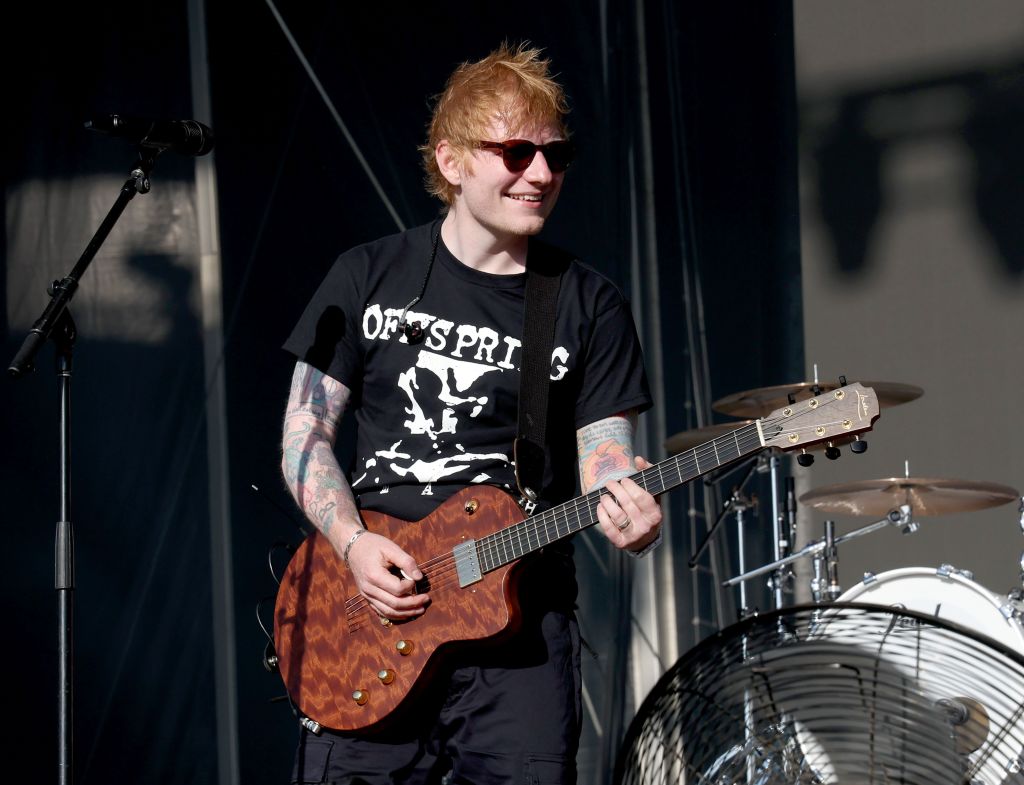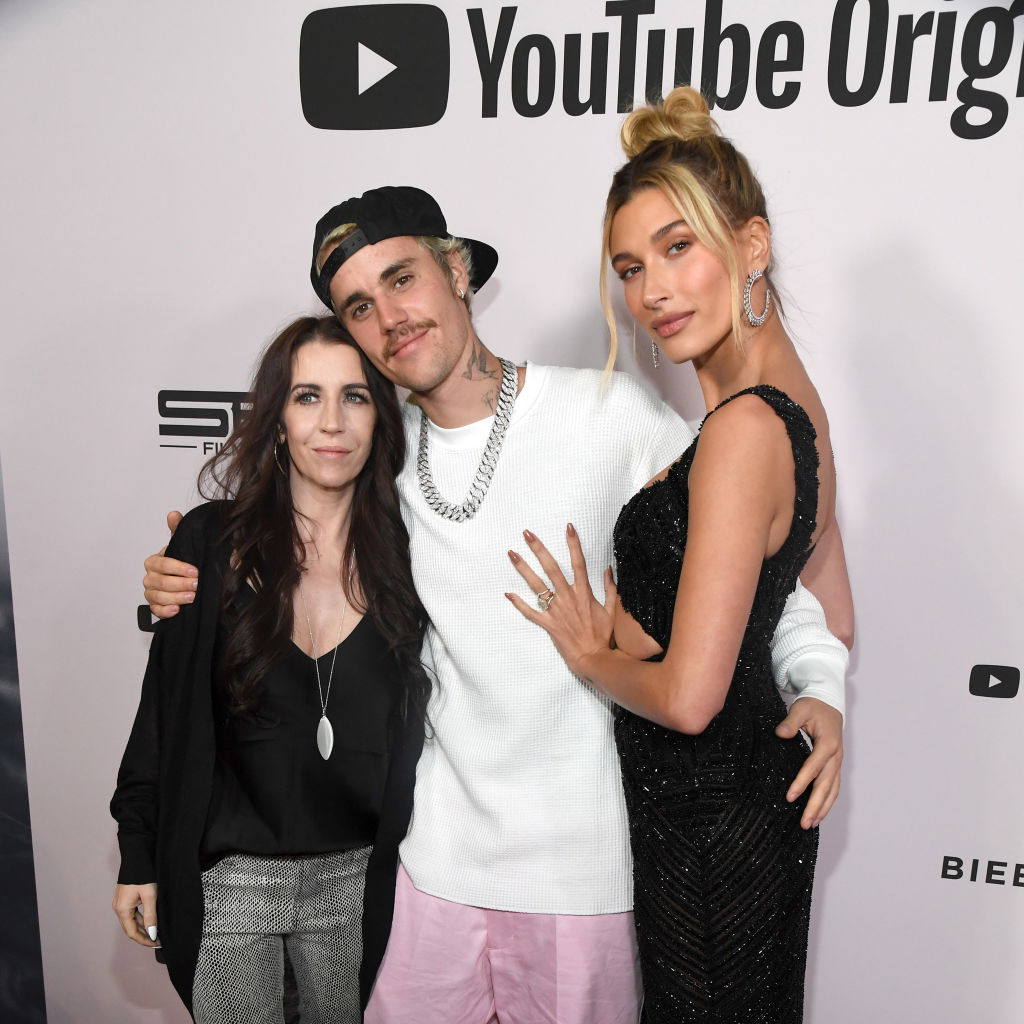Julia Louis-Dreyfus countered former co-star Jerry Seinfeld's comments blaming political correctness for killing comedy, saying that having an “antenna about sensitivities” is a good thing — and that such PC bashing is a "red flag."
Seinfeld made headlines for his April interview with The New Yorker, in which he said “funny stuff” on TV, such as the golden era sitcoms “Cheers” and “The Mary Tyler Moore Show,” doesn't exist anymore.
“This is the result of the extreme left and PC crap and people worrying so much about offending other people,” he said.
Louis-Dreyfus, who played Elaine Benes on "Seinfeld," challenged that take in an interview The New York Times published Saturday.
“When I hear people starting to complain about political correctness — and I understand why people might push back on it — but to me that’s a red flag, because it sometimes means something else,” she said. “I believe being aware of certain sensitivities is not a bad thing. I don’t know how else to say it.”
She said that looking back on comedy and drama from 30 years ago through today's lens, “you might find bits and pieces that don’t age well.”
Get Tri-state area news delivered to your inbox. Sign up for NBC New York's News Headlines newsletter.
“I think to have an antenna about sensitivities is not a bad thing. It doesn’t mean that all comedy goes out the window as a result,” she said.
Entertainment News
In a follow-up conversation 11 days after her original interview, she returned to the topic of political correctness.
“My feeling about all of it is that political correctness, insofar as it equates to tolerance, is obviously fantastic. And of course I reserve the right to boo anyone who says anything that offends me, while also respecting their right to free speech, right?” she said.
She added that in her opinion a bigger problem and threat to art is “the consolidation of money and power.”
“All this siloing of studios and outlets and streamers and distributors — I don’t think it’s good for the creative voice. So that’s what I want to say in terms of the threat to art,” she said.
This article first appeared on NBCNews.com. Read more from NBC News here:



